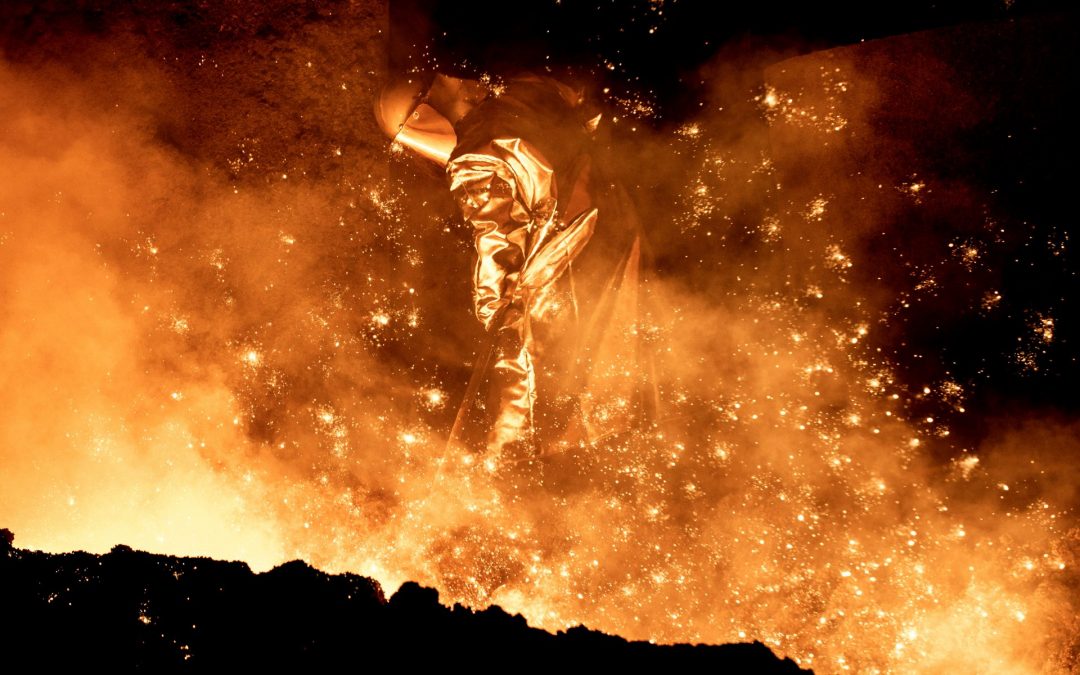Prague – According to steelmakers, the Czech Republic should devise a plan to help steelworks with energy prices similar to what Germany is doing. Otherwise, Czech steelworks risk becoming uncompetitive in the market. The Czech Steel Union informed about this in a press release. Germany will introduce a subsidized electricity tariff for industry starting January 2026. After problems at Liberty Ostrava, the only domestic producer of raw steel remaining is Třinec Ironworks. According to the Steel Union, they would pay about three to four billion CZK more annually on energy than German producers with subsidies.
“We understand the support from the German government as an effort to stabilize the industry during a time of high costs and uncertain energy policy. Without comparable conditions for the industry, Czech steelmaking will be unsustainable in the long term,” said Roman Heide, CEO of Třinec Ironworks. If the government does not come up with clear support, he warns that the production of raw steel from the Czech Republic may disappear. “This would mean a loss not only of jobs but also a part of our industrial self-sufficiency,” he said.
The Steel Union pointed out that Czech steel production is among the most energy-intensive sectors. Třinec Ironworks consumes approximately one terawatt-hour of electricity annually. While industrial energy prices in the Czech Republic hover around 100 euros (approximately 2400 CZK) per megawatt-hour, in Germany, the industry will pay about half after the tariff is introduced.
The European Union, in the Clean Industrial Deal, has allowed member states the option to adopt temporary national measures to support the industry, including energy subsidies or investment incentives. According to Czech steelmakers, this has shifted the responsibility for industrial policy to the national level, allowing economically stronger states to better protect their businesses.
“The German industry will have energy approximately half as cheap as Czech businesses due to the new tariff. For such a closely interconnected region as Central Europe, this poses a systemic risk,” said Marcela Kubalová, chairwoman of the Steel Union’s board. (November 19)
 go to the original language article
go to the original language article
